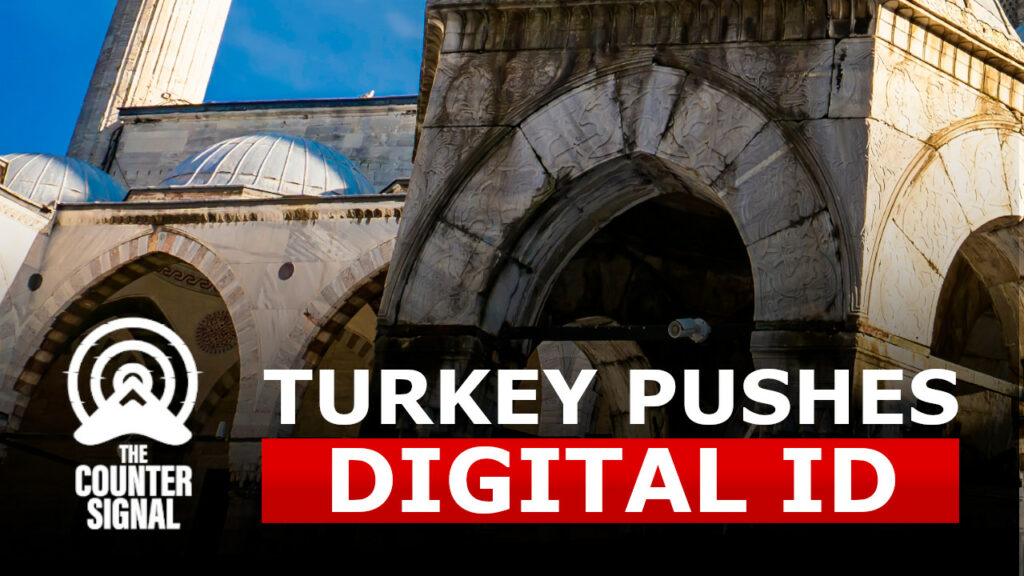Turkey has announced it will integrate a centralized digital currency with a digital ID.

In February, the Central Bank of Turkey promoted a digital, centralized currency called FAST as an “alternative payment method” that allows citizens to make quick and seamless transactions.
Last month, according to a report by CoinDesk, the Presidential Strategy and Budget Directorate announced that “The Digital Turkish Lira system will be integrated with digital identity and FAST.”
The integration of digital ID with currency is reportedly part of a research project.
THIS IS CRAZY
— PeterSweden (@PeterSweden7) October 30, 2022
Turkey is launching a Central Bank Digital Currency next year and it will be tied to your digital ID.
It's not a conspiracy theory anymore.
Remember when I warned that this would be happening?
Critics are worried that linking a digital ID to finances will make it easy for a corrupt government to prevent political dissidents from accessing society.
Turkey has a reputation for doing so even without having control over a centralized digital currency. The BBC called Turkey the “world’s main jailer of journalists.” In January, a well-known Turkish journalist was detained and jailed pending trial for the absurd charge of “insulting” president Erdoğan.
Under Prime Minister Justin Trudeau, Canada also locked political dissidents out of their bank accounts.
As previously reported by The Counter Signal, The Trudeau Liberals have a $105.3 million contract to develop a Known Traveler Digital ID — and the World Economic Forum (WEF) is a project partner.
Conservative MP and two-time leadership contender Leslyn Lewis uncovered the admission earlier this year in an Order Paper question signed by Transportation Minister Omar Alghabra.
In the response, Transport Canada admitted the WEF is one of several partners for the federal government’s Known Traveler Digital Identity (KTDI) Project, which will cost $105.3 million over five years.
“It’s no longer a conspiracy theory – it’s a contractual fact,” Lewis wrote on Twitter.
In 2020, the WEF stated The Great Reset requires financial technologies (FinTech) but noted that cybersecurity concerns are a challenge.









